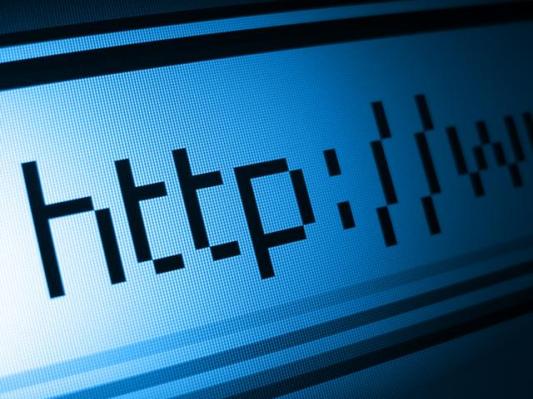Apparently “innocent until proven guilty” isn’t going to hold up well on the interwebs. At least not according to a group called Demand Progress, who claims that the upcoming House version of the PROTECT IP Act could offer even more power to the accuser. And even worse, sites like Twitter and YouTube may be under fire in no time at all.
The bill, which is a rewrite of the unpopular COICA bill, was passed by the Senate Judiciary Committee in May. Even in its original state, the bill seemingly contradicts this country’s assumption of innocence in many ways, allowing not only the Department of Justice, but private rightsholders to accuse a site of infringement and have it yanked with court approval. If the Department of Justice levels the charge (rather than a private rightsholder), the scope of the order extends past payment processors and ad networks to ISPs and search engines, thus requiring search engines to censor allegedly infringing sites out of their index.
Then, after the accused site has been through the ringer, the site can “petition the court to suspend or vacate the order.” Just in the nick of time, right? This, on its own, isn’t looking good, but Demand Progress claims that the House version may take things a step further in the wrong direction. According to the group, the new version will hold sites that host user-generated content liable for its users’ infringement.
That means if someone posts copyrighted content on YouTube, Twitter, or Facebook, the Department of Justice would have the right to hold the sites’ owners legally responsible, and even shut down service to the sites. If Demand Progress is accurate in its interpretation of the soon-to-be introduced House version of PROTECT IP, it will effectively overturn sections of the Digital Millennium Copyright Act that protect ISPs and websites from being held responsible for content posted by their users.
PROTECT IP advocates claim that the new bill will protect U.S. consumers from foreign “rogue sites” which sell unapproved and potentially dangerous products, along with helping U.S. jobs by getting rid of sites that sell counterfeit products. That’s all well and good, but shouldn’t there be some concern over the ripple-effect consequences of such a disturbance in the tech sector?
Apparently, there is. The Consumer Electronics Association, the Computer and Communications Industry Association and NetCoalition on Monday sent a letter to members of the Senate Judiciary Committee, reports PC World. “The technology industry is leading America out of the recession, and inadvertent damage to the tech sector could not happen at a worse time,” read the letter.
The original PROTECT IP Act summary:
